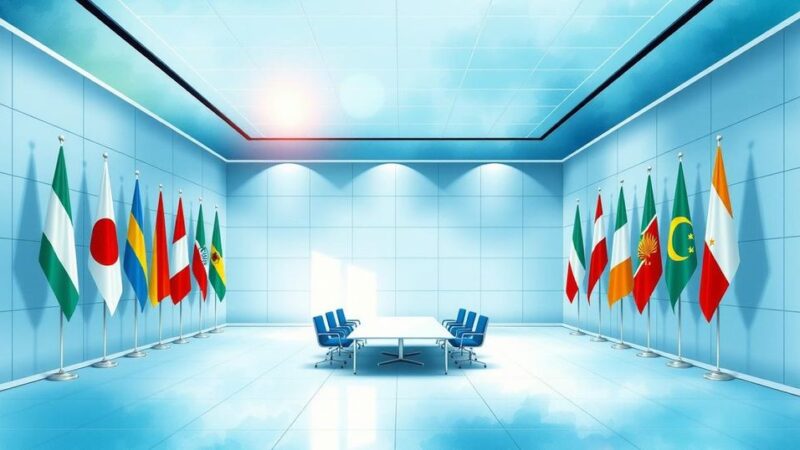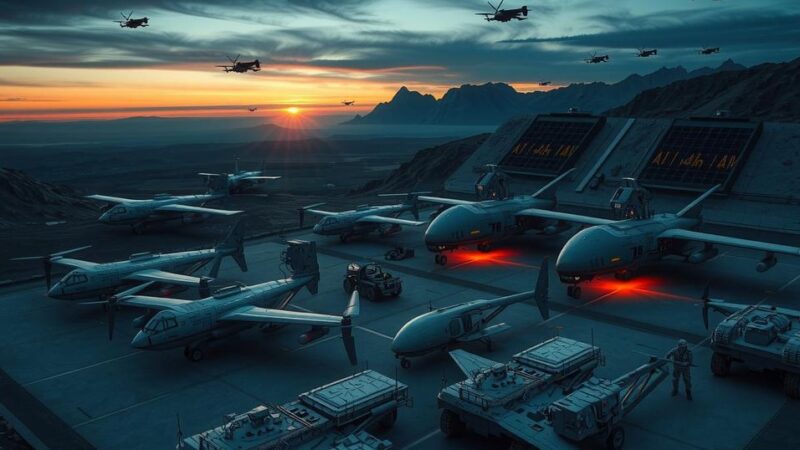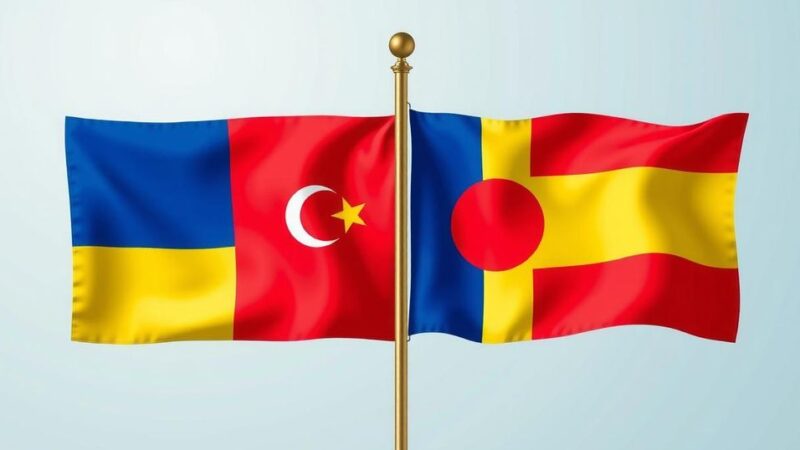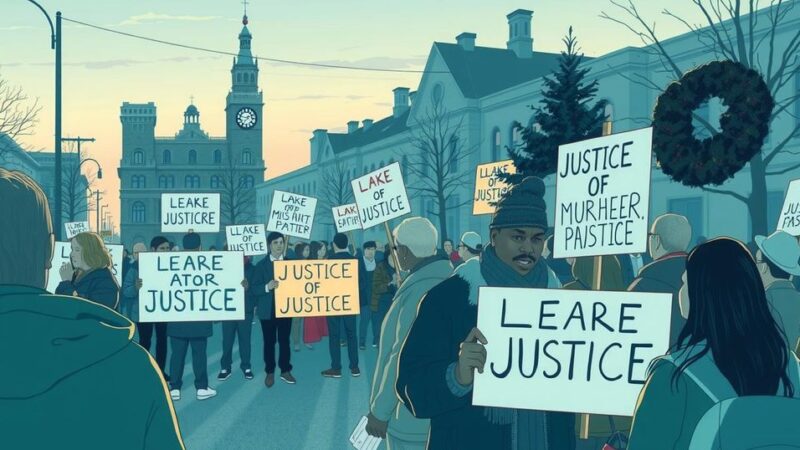Political tensions and violence in South Sudan’s Upper Nile State are escalating, raising fears of civil war. The involvement of Ugandan troops has intensified conflicts, leading opposition groups to halt participation in military discussions. Community dynamics, historical rivalries, and ineffective government responses are critical factors in the present crisis and complicate efforts to secure stability and peace.
A surge in political tensions and violence in South Sudan’s Upper Nile State has heightened concerns about a potential return to civil war. Military interventions by Uganda, responding to requests from South Sudan’s government, have exacerbated the situation, leading opposition groups to withdraw from discussions aimed at forming a joint military framework. This scenario jeopardizes the 2018 power-sharing agreement between President Salva Kiir and First Vice-President Riek Machar, designed to stabilize governance after a prior five-year civil conflict.
The recent emergence of violence can be traced back to attacks initiated by the White Army, a militia representing the Nuer community. Their actions resulted in over 50 fatalities and widespread injuries, following a pattern of conflict seen in previous years. Government responses, including aerial bombardments and the detention of opposition leaders, have sparked further discord, intensifying historical rivalries between the Nuer and Dinka ethnic groups.
Historically, tensions have existed since the 1991 SPLM split, which resulted in a Nuer-dominated faction gaining prominence. The White Army’s role in protecting the Nuer community underscores the complexities surrounding its independence and operations. Mischaracterizations of the militia’s actions within broader opposition strategies fail to address prevalent grievances within communities like Nasir County.
Contrasting the violent dynamics of the 2013 civil war, the recent White Army assaults are more reactive rather than orchestrated efforts directed by opposition leaders. Clashes erupted following military provocations, escalating into a cycle of reprisals that left civilians in peril. The humiliation faced by government forces after a significant defeat further fueled retaliatory measures against the White Army, reflecting ongoing instability.
To navigate away from potential warfare, a commitment to dialogue and community demobilization is essential. The government must avoid arbitrary arrests of opposition members and cease indiscriminate violence against civilians. Engaging community leaders in negotiations is crucial for lowering tensions, especially as the rainy season approaches, which may inhibit armed operations and allow for positive engagement.
Internationally, responses have been largely condemnatory but lacking in action. The UN mission must spotlight the unlawful arrests of opposition figures and call for restraint from the South Sudanese government to prevent the escalation of violence. Addressing the underlying grievances through political solutions is vital to the long-term stability of South Sudan and to ensure peace moving forward.
In summary, South Sudan currently faces heightened violence and political discord that threaten the fragile peace established by the 2018 power-sharing deal. The roots of this conflict stem from historical ethnic tensions, exacerbated by recent military interventions and government actions against opposition figures. Preventing a return to civil war requires dedicated dialogue and demobilization efforts from both the government and community leaders, along with active international involvement to address the underlying issues fueling the unrest.
Original Source: theconversation.com






